I want to become an end-point assessor – where do I start?

Apprenticeship end-point assessment is new. New assessment plans continue to be published and new Apprentice Assessment Organisations (AAO) are being approved – the missing piece of the jig-saw however, are end-point assessors themselves.
Recent research conducted with industry and assessment experts, through the Future Apprenticeships programme, estimated that between 23,000 and 42,000 assessors will ultimately be required to deliver approximately between 570,000 and 630,000 end-point assessments each year. Many of these end-point assessors will come from FE, but a significant proportion are likely to come from industry too.
So how do you get started? If you, or your front-line teams, are considering the delivery of end-point assessment, how do you start to prepare? Here are five pointers:
- Start with the basics – have a clear understanding of what end-point assessment is
The first thing to understand is what end-point assessment is and where it sits. Currently (under the apprenticeship framework system), apprentices are continuously assessed throughout an apprenticeship by their training provider, monitored by an awarding body with the power to approve achievement certificates. In future, assessments leading to the issue of a certificate for the whole apprenticeship will take place at the end of the programme, led by an independent end-point assessor (from an AAO). More detail about the end-point assessment is in the Future Apprenticeships toolkit here.
- Get to grips with assessor requirements specified in the assessment plan
The second step is to read the assessment plan/s (and standards) you would like to assess in future (you can read these here). Assessment plans explain the key elements of the end-point assessment, and in some cases outline the requirements and qualities of the end-point assessor.
The most common requirement in assessment plans is the need for up-to-date relevant industry experience. Start to think about how you will evidence this. Do you have recent experience in the industry in which you want to assess? Do you understand the latest industry practices, trends and technology? If not, how might you work with your industry employer contacts to update your industry knowledge and skills?
- Identify the new assessment methods and practices you will encounter
Many of the assessment plans introduce methods and practices which are completely new to apprenticeships. Take ‘professional discussions’ for example – it can take many forms and is an opportunity for the apprentice to describe their knowledge, articulate their behaviours and contextualise their skills in a more open discourse. The end-point assessor will need to set up and lead the professional discussion in a way that is robust, impartial, takes account of the apprentices’ context, and takes account of perspectives from others involved in the assessment.
The concept of grading is also a completely new assessment practice for apprenticeships. You will need to work to the grading criteria set out in the assessment plan, be confident in your judgments and be able to clearly justify, evidence, report and feedback on grading decisions.
How do you start to prepare? Take a look at point 5 below.
- Speak to AAOs about their specific requirements
There are now over 80 government-approved Apprentice Assessment Organisations. Quite a number are yet to start offering end-point assessments but many are on the lookout for end-point assessors. It’s important you speak with the AAO(s) approved for the standards you want to assess (whether that be your organisation, or another AAO). To recruit quality end-point assessors, some AAOs will have additional requirements, over and above those laid out in the assessment plan. This might include particular industry / assessor qualifications or experience, or successful completion of an internal training programme.
You can find the full list of AAOs (along with their contact details) and the standards they are approved to assess here.
- Kick-start your training and CPD
If you’re thinking of becoming an end-point assessor, this may feel a bit overwhelming. However, three large-scale Future Apprenticeship events are being hosted in October, December and January for potential end-point assessors, to help kick-start your preparations and continuous professional development (CPD). This will be a great place to start.
Funded by the Department for Education, and commissioned by the Education and Training Foundation, these events will help you understand what makes a good end-point assessor and features workshop sessions on particular end-point assessment methods and practices.
Before the event you will have access to an online self-assessment to identify your CPD needs. At the event, you will also have chance to meet AAOs and understand their requirements.
The events are part of the Future Apprenticeship end-point assessment programme, managed and run by the Association of Employment and Learning Providers (AELP) and the Strategic Development Network (SDN). Email Tim for more information about the programme including its support for AAOs and end-point assessors.

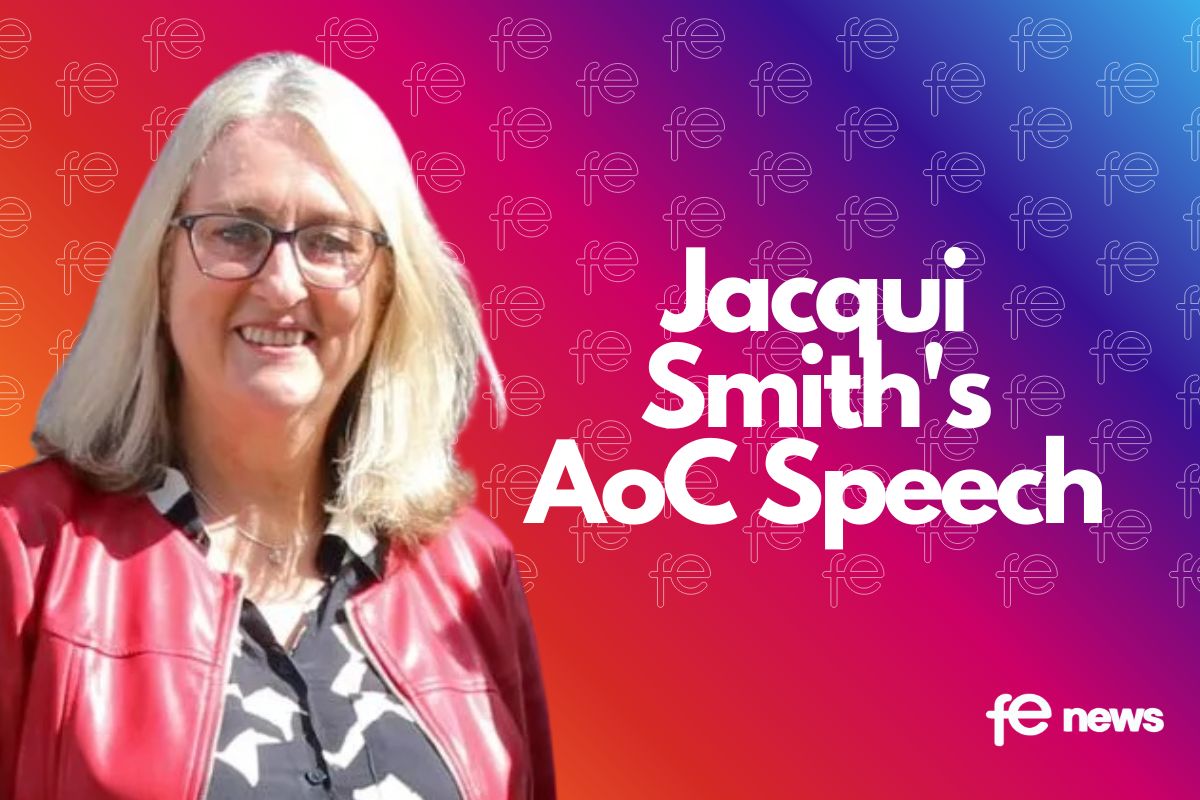
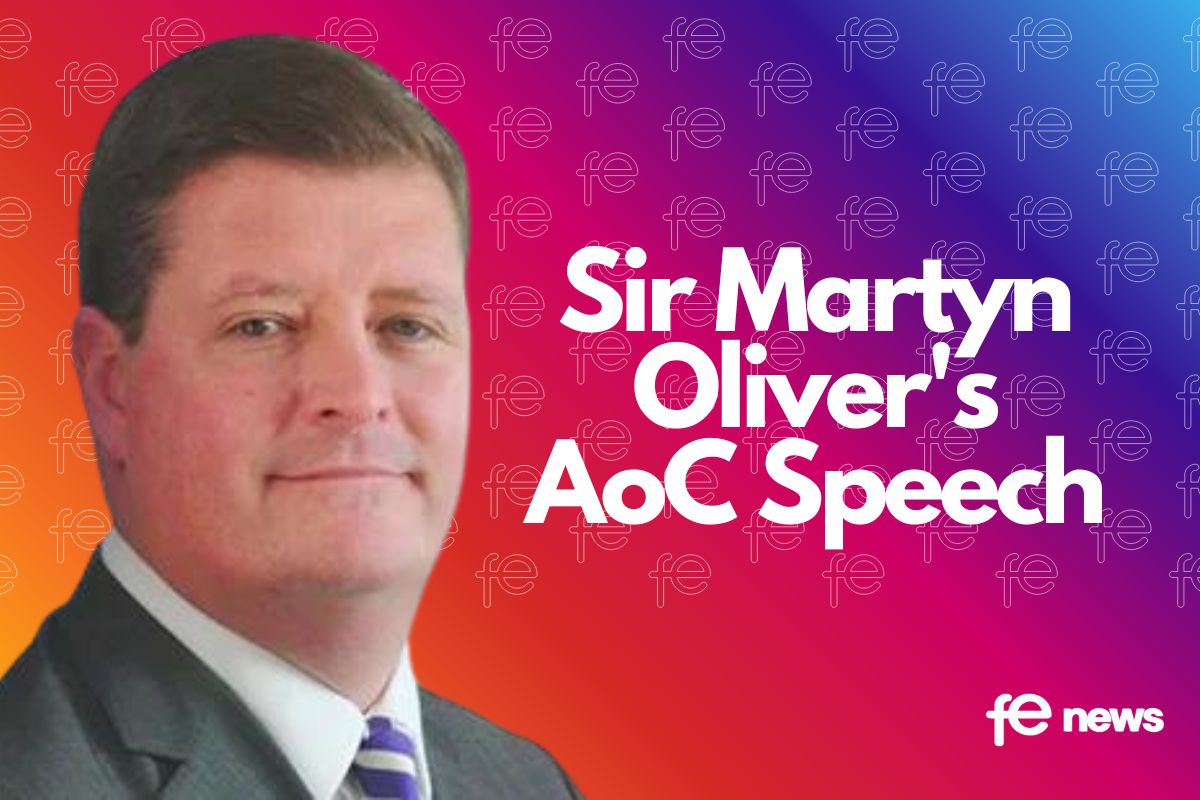

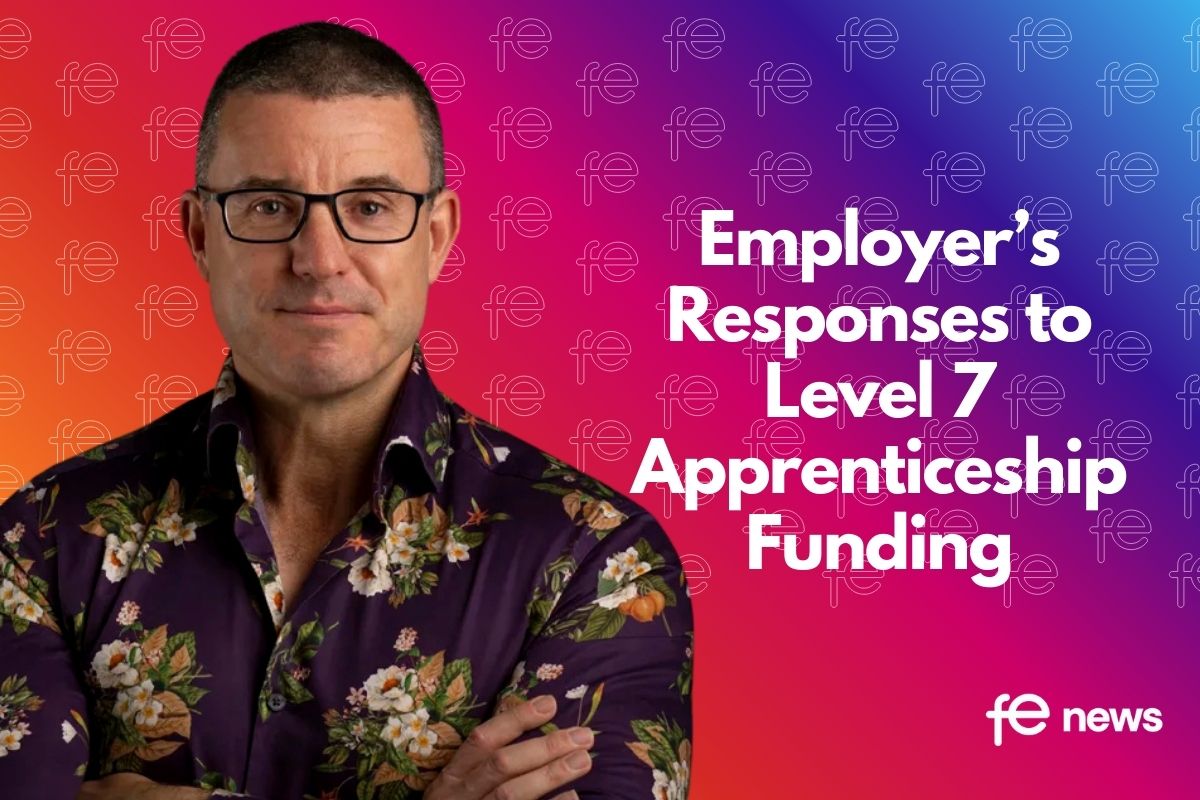
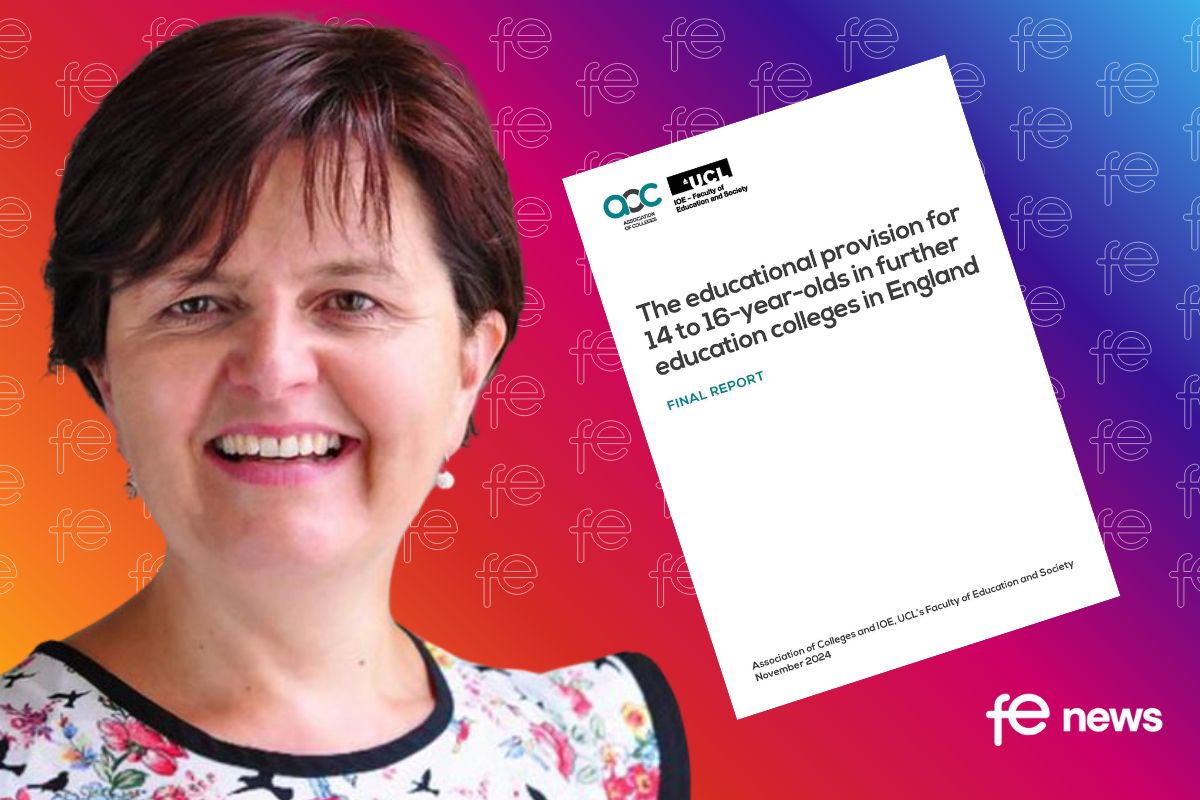
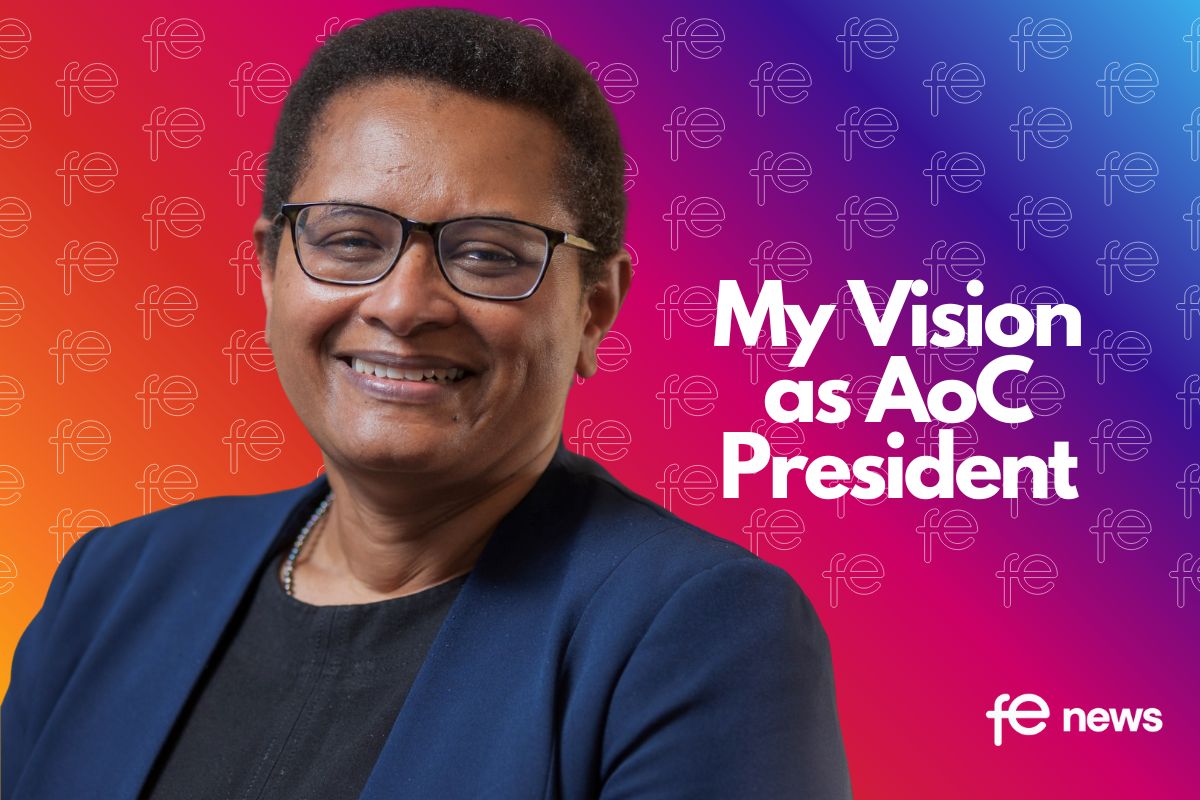




Responses